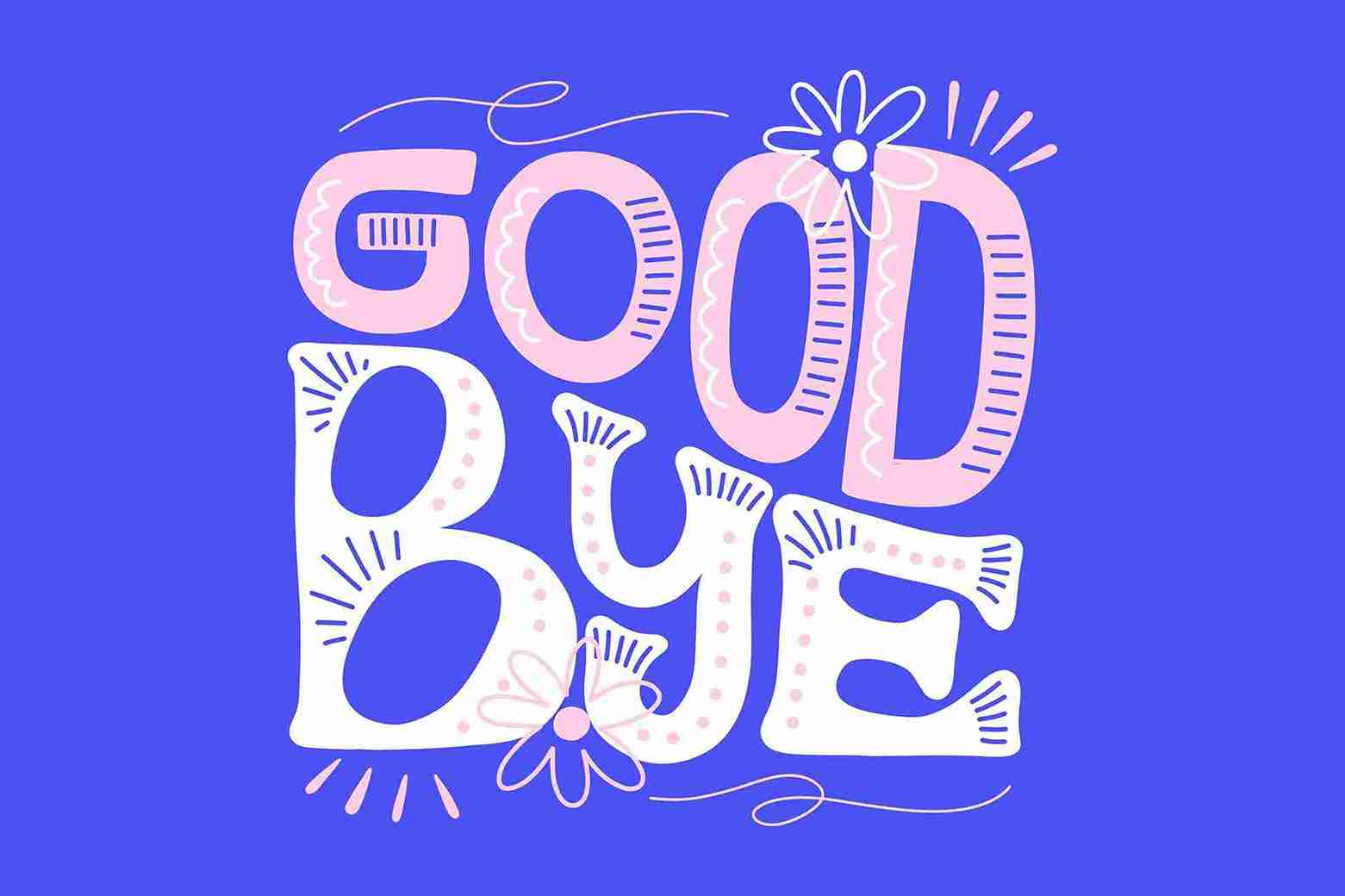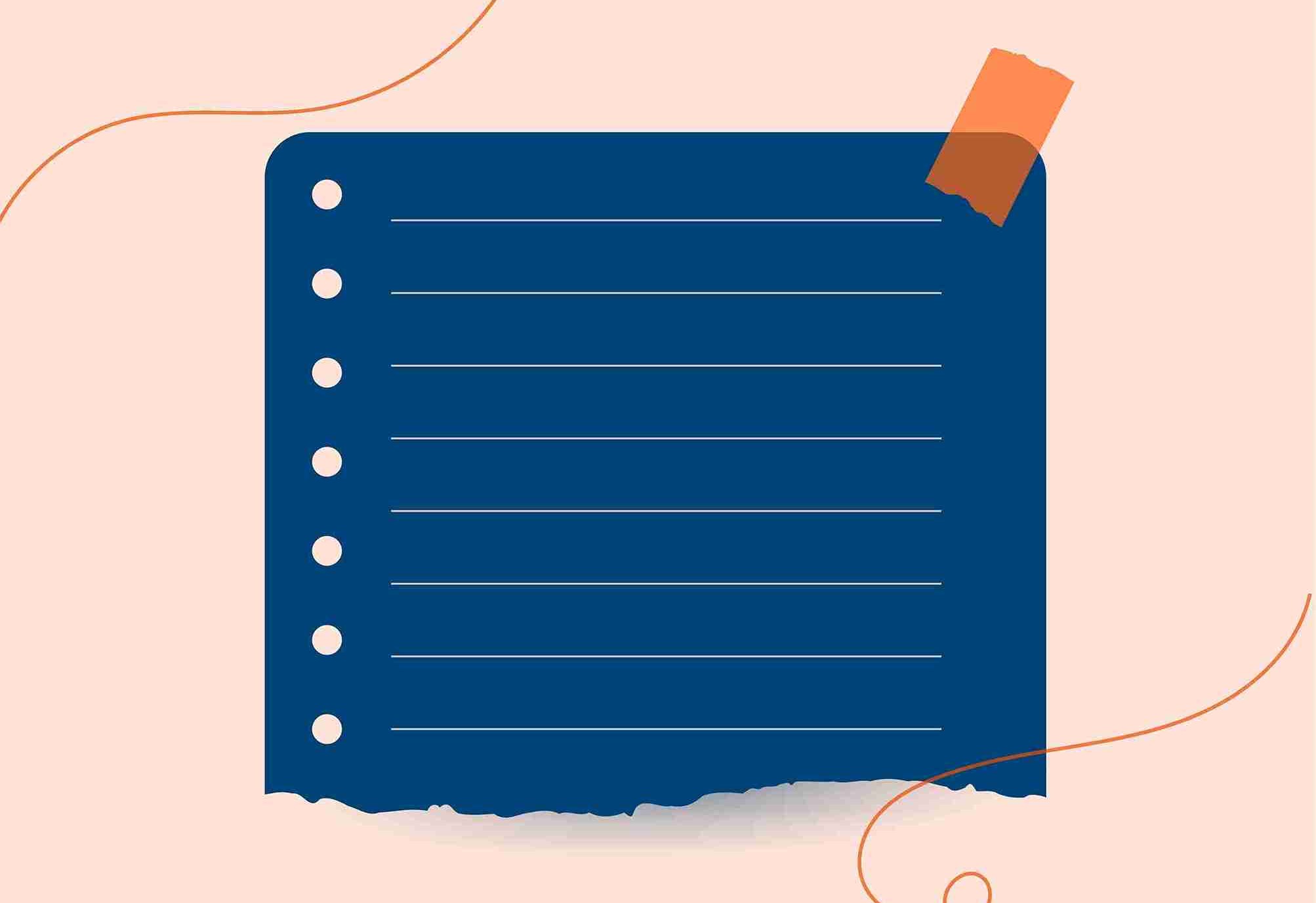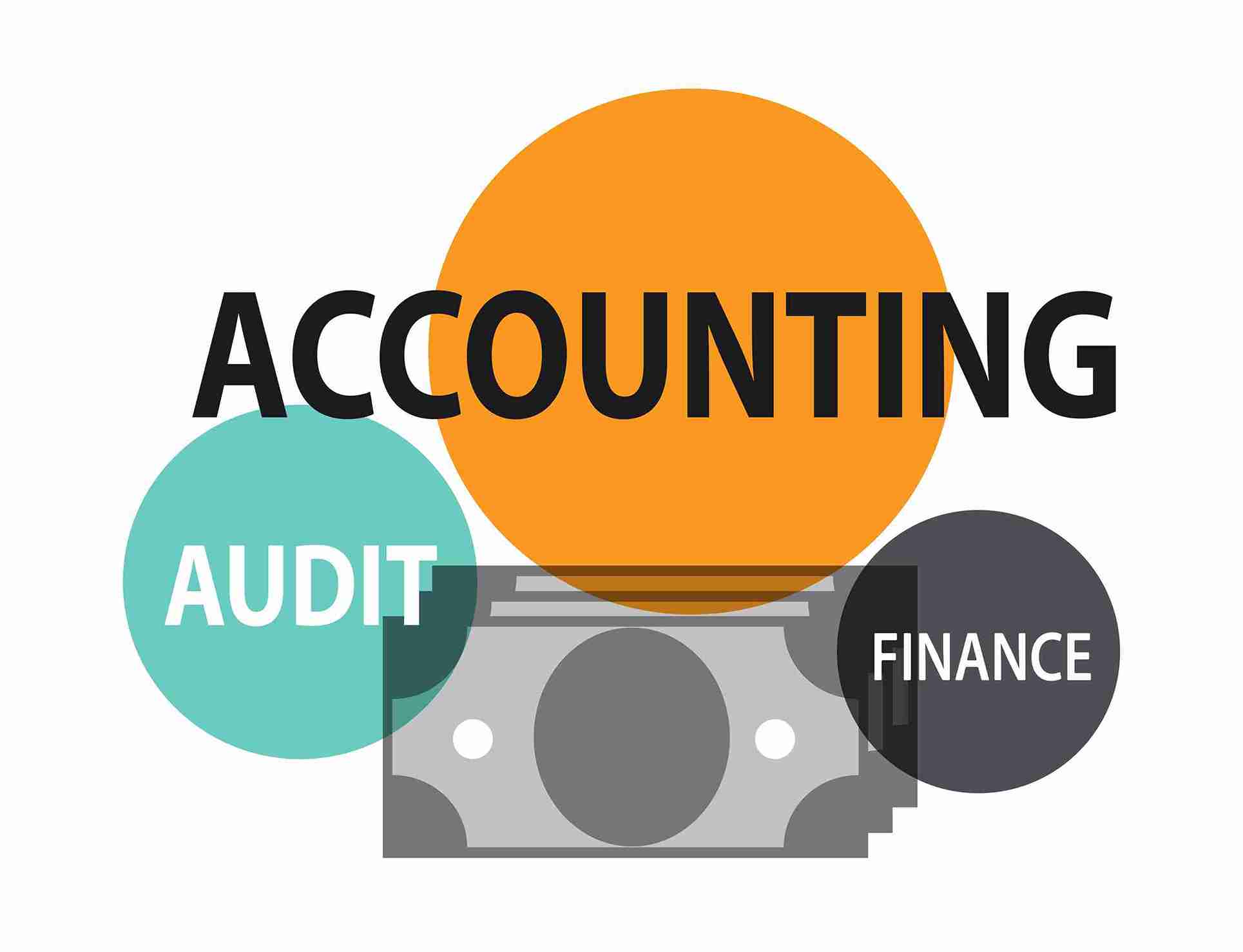We all have heard that “First impression is the last impression” and the fact is it matters – and nowhere else more than in an INTERVIEW. The moment you step into the interview room or log into a virtual meeting, the way you introduce yourself sets the tone for the entire conversation. And when done right, it can build confidence, create a connection and give the interviewer a strong reason to keep listening.
In this blog, we will walk you through everything you need to know about introducing yourself in an interview. Starting from what to cover in your introduction, how long to keep it, tips for freshers and experienced candidates, mistakes to avoid, sample answers and some related FAQs.
What Is Self-Introduction In An Interview?
Your introduction during an interview is your personal elevator pitch. It is a short but impactful summary of who you are, what you bring to the table and why you are the right fit for the role and the organisation. It is not just about telling your name, but about creating a professional impression while keeping things natural and confident.
Importance Of Self-Introduction
- Helps you build rapport with the interviewer
- Sets the direction of further questions
- Gives you a chance to highlight key achievements early on
- Reflects your professional communication and confidence level
What Should Be Covered In Your Introduction?
When an interviewer says, “Tell me about yourself,” here is what they want to hear:
- Basic Information: Your name, current role, or background.
- Education: Relevant qualifications (for freshers).
- Work Experience (for experienced): Key achievements and roles.
- Skills & Strengths: Core abilities linked to the job.
- Career Goals: A short note on why you are here and what you are aiming for.
Tips To Answer “Introduce Yourself” In An Interview
- Keep it short & structured: 1–2 minutes is ideal.
- Stay relevant: Focus on skills and experience connected to the role.
- Be confident, not boastful: Share achievements without sounding arrogant.
- Adapt your tone: Formal for corporate roles, slightly casual for startups.
- Practice, but don’t memorize: This helps you sound natural, not robotic.
How Long Should The Introduction Be?
When you are asked to introduce yourself, remember that the recruiters don’t expect a speech. All they want is to know about you. Ideally your answer should be 1.5 to 2 minutes long. That’s long enough to give details but short enough to keep the interviewer engaged.
Rule of thumb: If you are talking for more than 2 minutes, you may lose the interviewer’s attention.
Self-Introduction Samples For Freshers
Freshers often face difficulty while answering this because they lack work experience. But one must remember that your education, internships, projects and soft skills still counts.
Given below are 5 sample answers
Sample 1 – Generic Fresher
“Good morning, my name is Rohan Sharma. I recently graduated with a Bachelor’s degree in Computer Science from Delhi University. During my course, I worked on several academic projects, including a mobile app that received recognition at our tech fest. I also completed an internship with Infosys where I learned the basics of software testing. I am passionate about problem-solving and eager to start my career as a software developer in a reputed company like yours.”
Sample 2 – Engineering Fresher
“Hello, I am Anjali Verma, a Mechanical Engineering graduate from IIT Kanpur. While in college, I led a team project on sustainable energy solutions, which won the best innovation award. I also interned at Tata Motors where I worked on production line optimization. I am keen to apply my analytical and technical skills to real-world challenges in your manufacturing division.”
Sample 3 – MBA Fresher
“Hi, I’m Arjun Mehta. I completed my MBA in Marketing from IIM Indore after graduating in Commerce. I have interned with Hindustan Unilever in their digital marketing division, where I worked on consumer engagement campaigns. I have strong presentation and communication skills and I am excited to begin my journey in brand management.”
Sample 4 – Non-Technical Fresher
“Good afternoon, I am Neha Gupta. I hold a Bachelor’s degree in English Literature from JNU. I worked as an editor for my college magazine and volunteered as a content writer for an NGO. Writing, communication and creativity are my strengths, and I would like to build my career in content writing and media.”
Sample 5 – Fresher with Extracurricular Strengths
“Hello, I’m Kunal Singh. I recently graduated in Business Administration from Christ University. Apart from academics, I was actively involved in debating and event management, which helped me develop leadership and problem-solving skills. I am eager to start my career in operations and contribute to efficient team management.”
Tips For Freshers While Answering
- Highlight projects, internships and skills instead of job experience
- Show enthusiasm and willingness to learn
- Use extracurricular activities to showcase leadership or teamwork
- Keep your tone confident but humble
Self-Introduction Samples For Experienced Candidates
When you have gained a certain experience in your field, your focus while introducing yourself should be on achievements, skills and results.
Here are 5 sample answers for your reference
Sample 1 – Mid-Level IT Professional
“Hi, I am Payal Nair, a software engineer with 5 years of experience in backend development. I have worked with Infosys and TCS on large-scale projects for banking clients. My expertise lies in Java, Python and database management. One of my key contributions was optimizing a financial application, which improved processing speed by 30%. I am looking forward to applying my technical and leadership skills in your company’s fintech projects.”
Sample 2 – Marketing Professional
“Good morning, my name is Ravi Kapoor. I have over 7 years of experience in digital marketing, specializing in SEO and paid campaigns. At my previous role in Zomato, I managed a team of 6 and drove a 40% increase in organic traffic within a year. I am passionate about using data-driven strategies to deliver results, and I believe this role aligns perfectly with my skills.”
Sample 3 – Sales Professional
“Hello, I’m Pooja Sharma. I have been working in sales for 8 years, currently as a Regional Sales Manager with Flipkart. My experience includes managing large teams and exceeding revenue targets by 20% consistently. I enjoy building client relationships and mentoring junior sales professionals. I am excited to explore this opportunity where I can contribute my sales expertise and leadership skills.”
Sample 4 – HR Professional
“Hi, I am Aman Singh. I have 6 years of experience in HR, focusing on recruitment and employee engagement. At Wipro, I successfully closed 100+ senior-level positions last year and improved employee retention by 15% through policy reforms. I am passionate about creating a positive work culture and would love to contribute the same to your growing organization.”
Sample 5 – Finance Professional
“Good afternoon, I am Shruti Iyer. With 10 years of experience in financial analysis and risk management, I have worked with Deloitte and ICICI Bank. My strengths are in budgeting, forecasting and investment strategies. I recently led a project that reduced operational costs by 12% annually. I am eager to bring this expertise to your finance division.”
How To Introduce Yourself In English?
English often plays a very important role in interviews, especially in professional and corporate setups. A confident introduction in English not only creates a strong first impression but also shows that you can communicate effectively in the workplace.
But if English is not your first language, or you are not very fluent, don’t worry. The key is to keep it simple. You don’t need big or complicated words to impress the interviewer, clarity and confidence matter more.
For example:
Instead of saying: “I possess excellent inter-personal communication skills.”
Simply say: “I am good at communicating with people and building relationships.”
Apart from this, to feel more comfortable, practice your introduction aloud multiple times in front of a mirror or with a friend. This will help you gain fluency, reduce hesitation and build confidence for the actual interview.
Things To Avoid In Your Introduction
❌ Do not repeat your entire CV word-for-word
❌ Do not make it too long (avoid more than 2 minutes)
❌ Do not use slang or over-casual tone
❌ Do not sound memorized, keep it natural
❌ Do not forget to smile and maintain eye contact
Conclusion
Your self-introduction is more than just a question. It is your opportunity to create a lasting impression. Whether you are a fresher or experienced, a well-prepared and confident introduction can set the right tone for the entire interview. Keep it short, professional and authentic.
Related read: How To Answer “Tell Me About Yourself”?
FAQs
Q1. How should a fresher introduce themselves in an interview?
A- Focus on education, projects, internships and skills relevant to the job.
Q2. What is the ideal length of a self-introduction?
A- Around 60–90 seconds.
Q3. Should I mention my family background?
A- Only if asked, otherwise keep it professional.
Q4. Can I mix English and my native language?
A- If the interviewer allows, yes. But ideally stick to English for professional roles.
Q5. Should I mention hobbies?
A- Yes, if they highlight soft skills or strengths relevant to the role.
Q6. What if I forget my prepared answer?
A- Stay calm, speak naturally and cover basics like education, skills and goals.
Q7. Is self-introduction different for online interviews?
A- Not really, but maintain good body language, eye contact (camera) and clear audio.
Q8. Should I include my achievements in the introduction?
A- Yes, but keep it brief. Save detailed examples for later questions.
Q9. How can I practice my introduction?
A- Record yourself, practice in front of a mirror or do mock interviews.
Q10. Is it okay to keep my introduction casual?
A- Depends on the company culture. Formal roles need formal tone, while startups may allow casual introductions.






 Facebook
Facebook Instagram
Instagram Twitter
Twitter